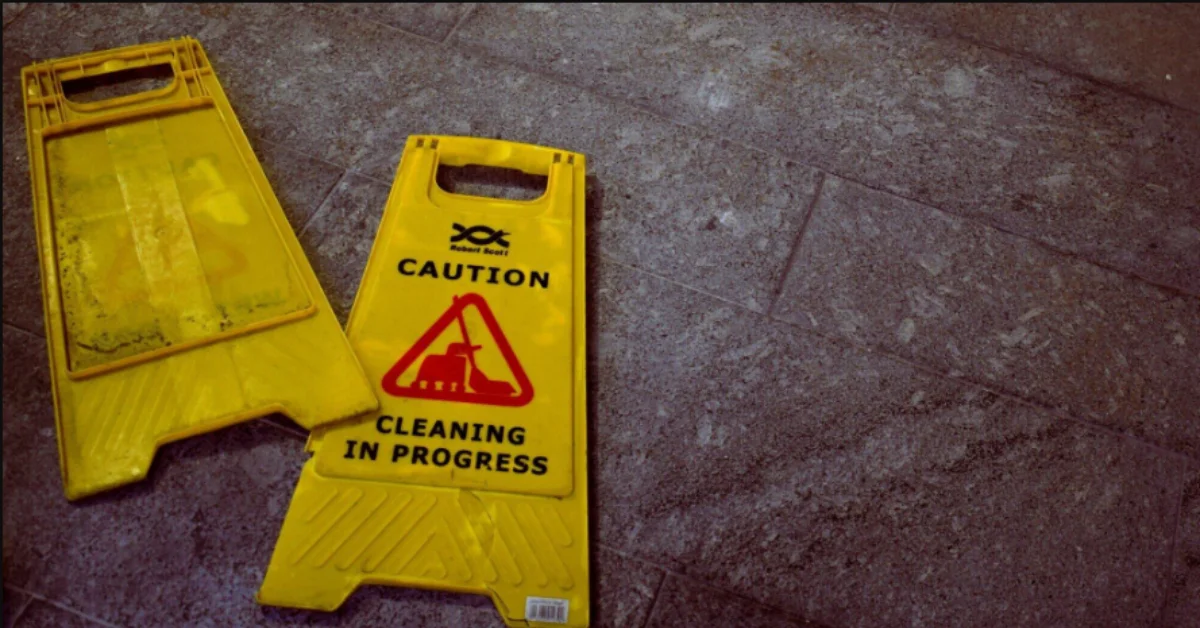Understanding Compensation in a Slip and Fall Case

Slip and fall accidents happen more often than people think. They can lead to painful injuries, emotional stress, and expensive medical bills. Whether you slipped on a wet floor in a store or tripped on a cracked sidewalk, you might be able to get compensation if the accident happened because someone else was careless.
Let’s break down what you need to know about how compensation works in slip and fall cases. Read on.
What Kind of Compensation Can You Get?
If you’re injured in a slip and fall, you may be able to receive money to cover the costs of your injuries and the impact on your life. There are two main types of compensation: economic damages and non-economic damages.
First, you can get compensation for medical bills. This includes things like hospital visits, doctor appointments, medication, physical therapy, and any future treatments you may need. It’s important to save all your receipts and records from your medical care.
You can also get money for lost wages if you cannot work because of your injury. If the injury affects your ability to work in the future, you may be able to get compensation for lost earning potential, too.
Pain and suffering are another type of compensation. This refers to the physical pain and emotional stress caused by the accident. Serious injuries that affect your daily life usually lead to higher pain and suffering payouts.
In some cases, you may be reimbursed for extra expenses like travel costs to medical appointments or changes you had to make at home to adjust to your injury, such as installing ramps or safety rails.
What Affects the Amount You Can Receive?
Several things can impact how much compensation you get.
The seriousness of your injuries is one of the biggest factors. More serious injuries usually mean higher compensation. It’s also very important to prove that the property owner was negligent-that they either knew or should have known about the dangerous condition and didn’t fix it.
If the accident was partly your fault-for example, if you weren’t paying attention-your compensation could be reduced. Some states use “comparative fault” rules, which means your payout might be lower if you share some blame.
Strong evidence helps a lot. Things like medical records, photos of where the fall happened, witness statements, and official reports can all support your case.
What Should You Do After a Slip and Fall?
If you get hurt in a slip and fall, the first thing to do is get medical help. Even if you feel okay at first, some injuries show up later.
Next, report the accident to the property owner or manager. Be sure to take photos of the area where you fell and get names and contact info from any witnesses. Don’t admit fault or make statements that could be used against you later.
Finally, talk to a personal injury lawyer. They can help you understand your rights and guide you through the legal process. Consult the best lawyers and learn about slip and fall settlements with surgery.
Get the Justice You Deserve
Slip and fall injuries can turn your life upside down, but knowing your options can make a big difference. If the accident wasn’t your fault, you may be entitled to compensation that can help cover your medical bills, lost income, and the pain you’ve experienced. With the right steps and support, you can protect your rights and move toward recovery.
